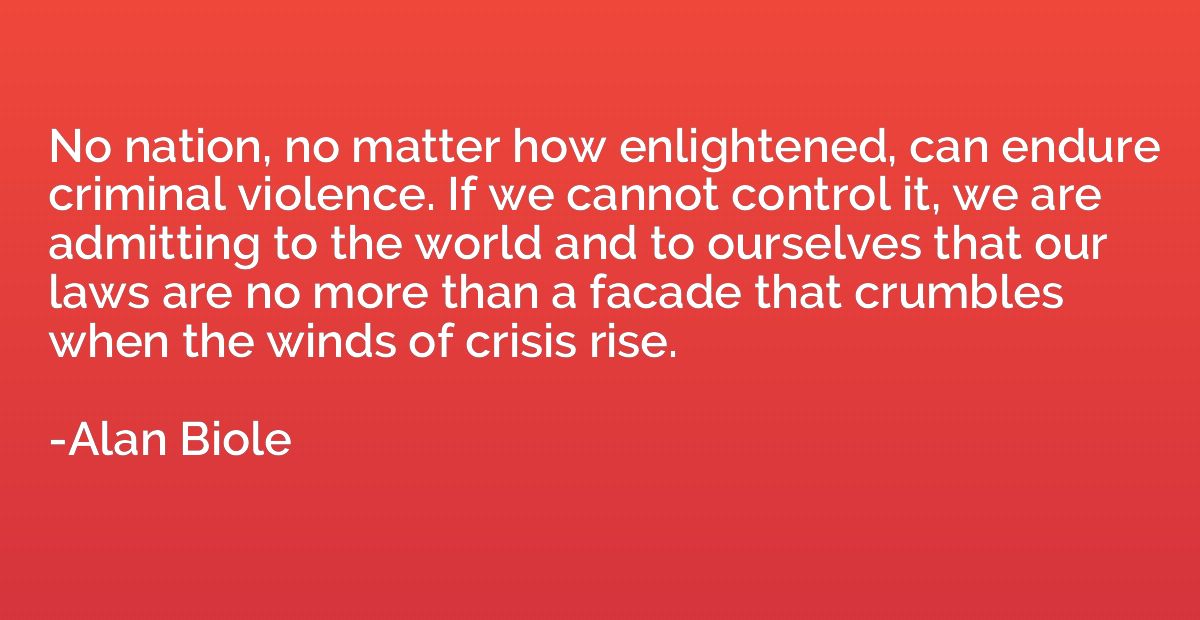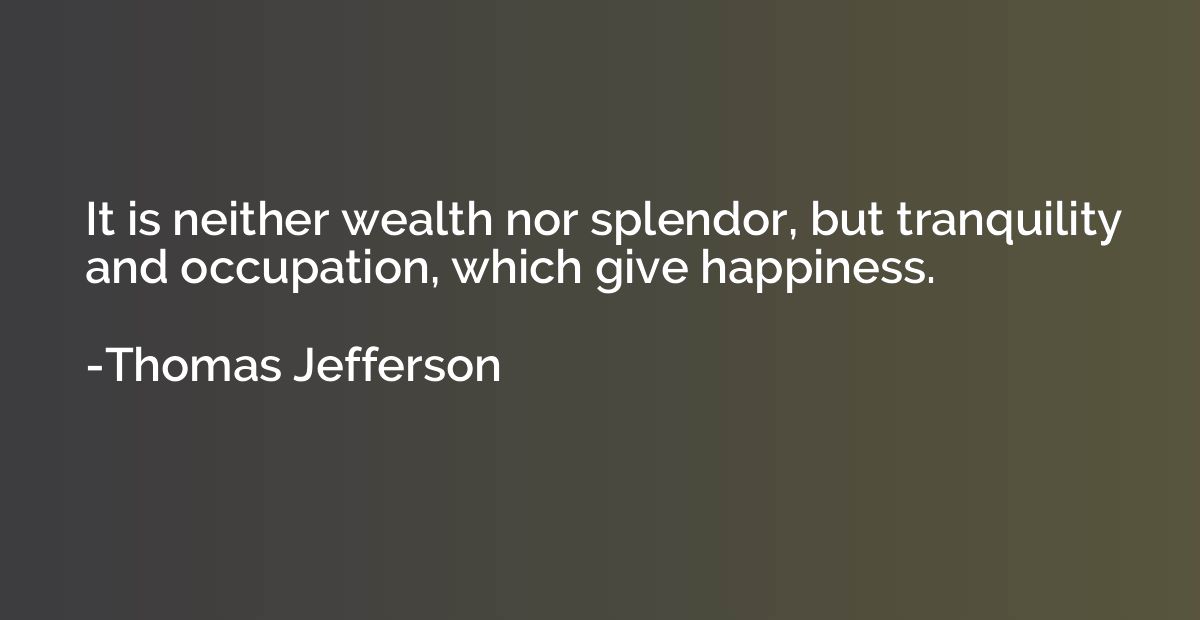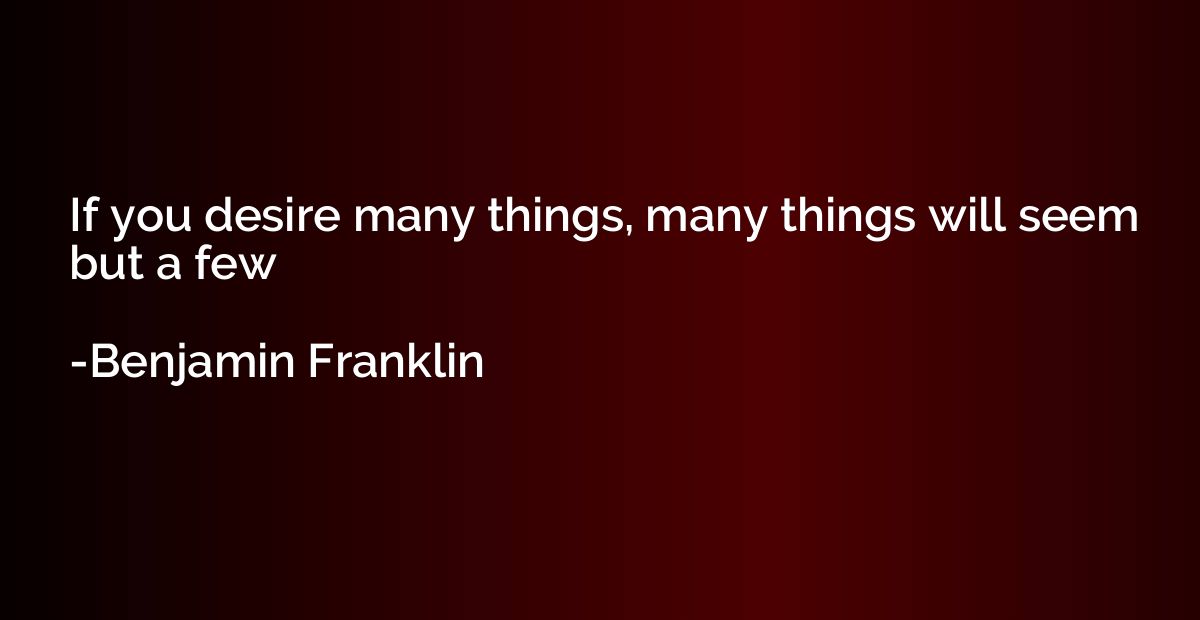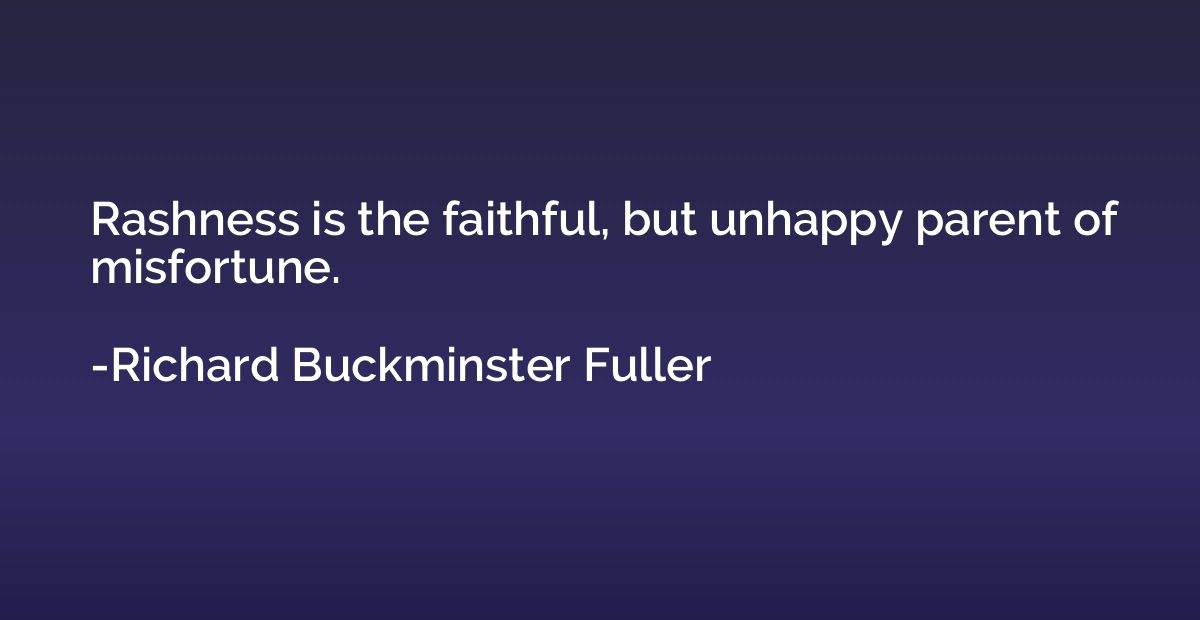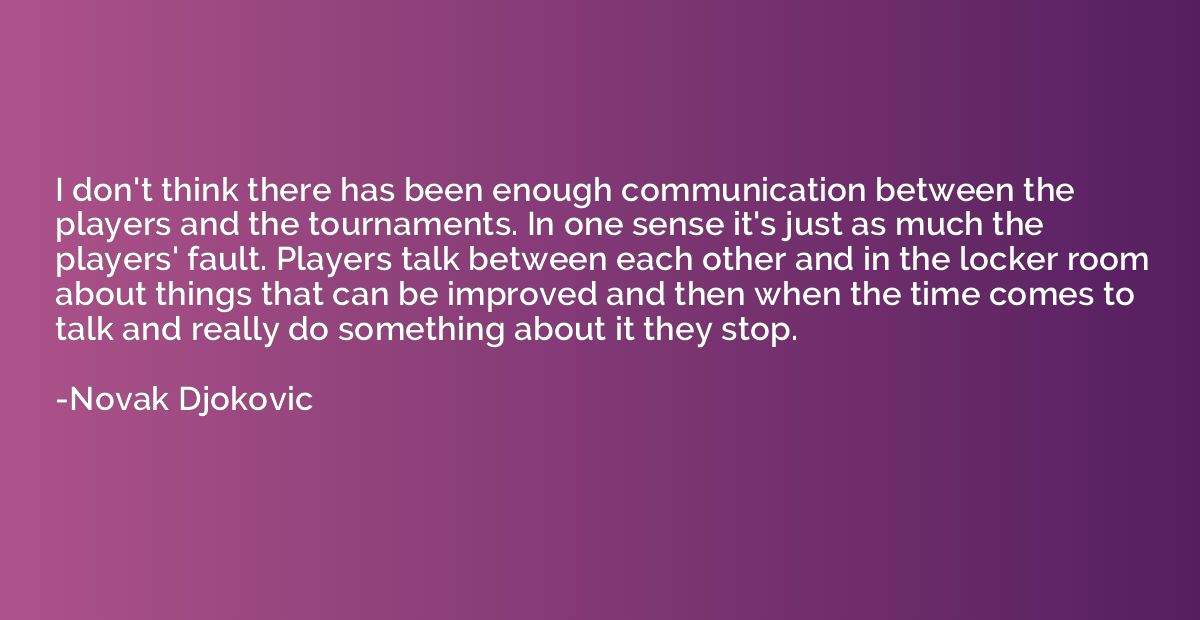Quote by Oscar Wilde
When one is in love, one always begins by deceiving one's self, and one always ends by deceiving others. That is what the world calls a romance.
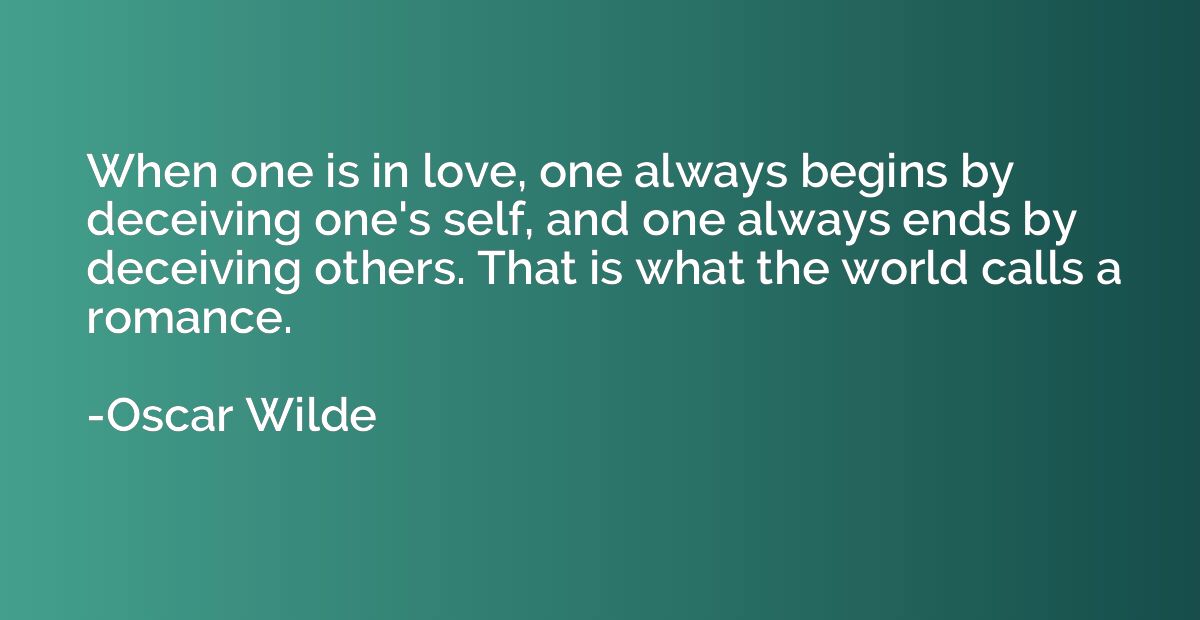
Summary
This quote implies that love often involves self-deception. It suggests that when someone falls in love, they may initially ignore certain realities or shortcomings in their partner or relationship, choosing to see only what they want to see. Eventually, this self-deception trickles down, and the person may begin deceiving others as well, projecting an idealized version of their romance to the world. It portrays romance as a combination of personal delusion and outward deception, highlighting the complexities and contradictions inherent in love.
Topics
Romance
By Oscar Wilde





